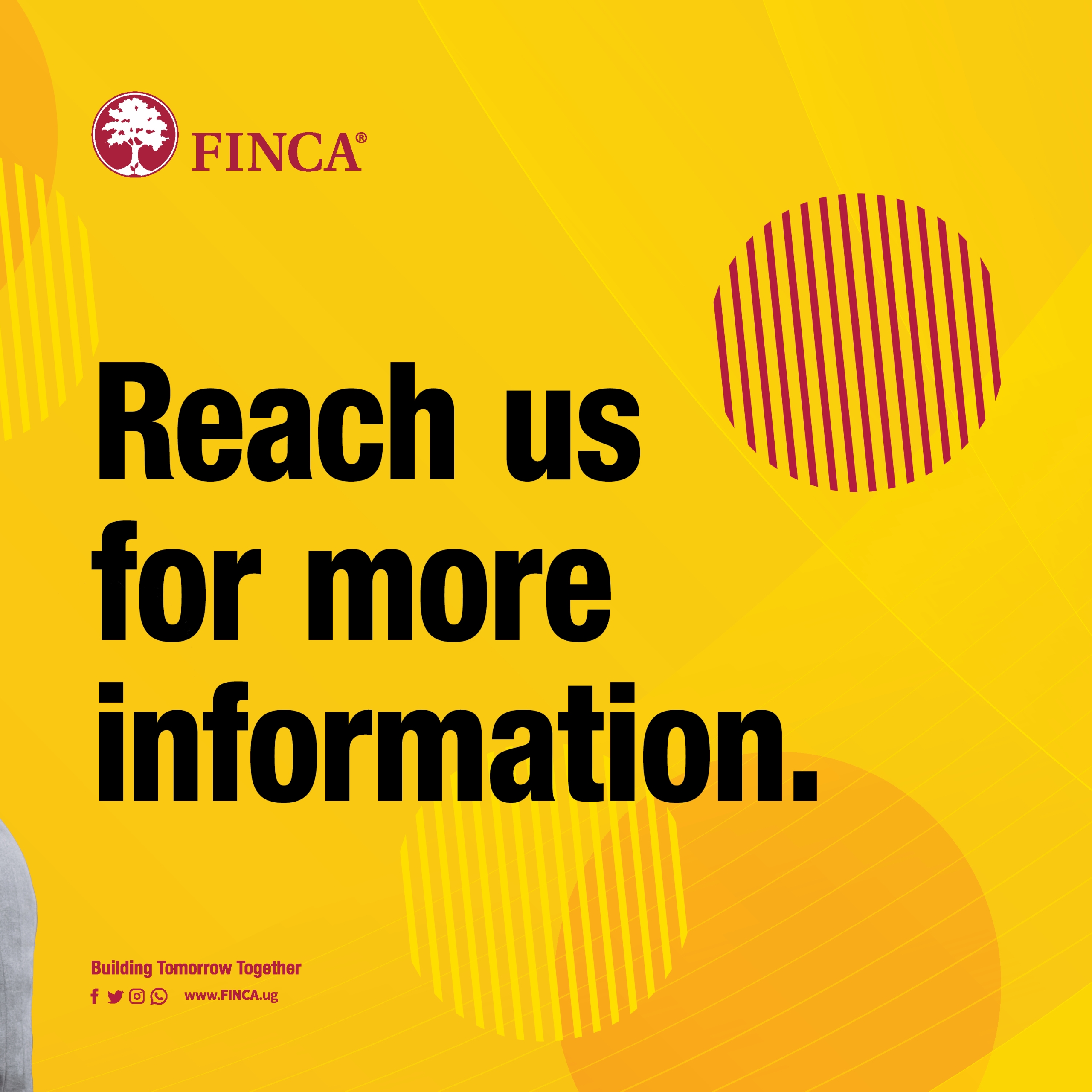Debt can become a burden that affects not only your financial stability but also your overall well-being. However, by implementing effective debt management strategies, you can regain control over your finances and work towards a debt-free future. In this article, we will discuss five essential debt management tips that can help you take charge of your financial situation. By following these tips, you can create a more stable and secure financial future for yourself.
Debt management is the process of effectively handling and reducing debt to improve one’s financial situation. It involves implementing strategies and techniques to pay off debts, minimize interest payments, and gain control over personal finances. In this article, we will explore five crucial debt management tips that can assist you in managing your debts efficiently and achieving financial freedom.
Before diving into the debt management tips, it’s important to have a clear understanding of what debt management entails. Debt management involves assessing your debts, creating a budget, prioritizing debts, negotiating with creditors, considering debt consolidation options, and seeking professional help when necessary. By incorporating these practices into your financial routine, you can take significant steps towards reducing your debt and achieving financial stability.
Tip 1: Create a budget and stick to it
One of the most fundamental steps in debt management is creating a budget and sticking to it. A budget allows you to track your income and expenses, gain visibility into your financial situation, and make informed decisions about how you spend your money. Here are some key considerations when creating and maintaining a budget:
Creating a budget provides a clear picture of your financial inflows and outflows. It helps you identify areas where you can cut back on spending and allocate more funds towards paying off your debts. A budget serves as a roadmap to help you achieve your financial goals and prevent unnecessary expenses.
To create a budget, start by listing all your sources of income and categorizing your expenses. This includes fixed expenses like rent, utilities, and loan repayments, as well as variable expenses such as groceries, entertainment, and transportation. Differentiate between essential and discretionary expenses to identify areas where you can reduce costs. Allocate a portion of your income towards debt repayment while ensuring you have sufficient funds for other necessities.
Tips for sticking to a budget.
Sticking to a budget requires discipline and commitment. Here are some tips to help you stay on track:
Track your expenses regularly: Monitor your spending habits and compare them to your budget. This will help you identify any deviations and make necessary adjustments.
Set realistic goals: Set achievable goals for debt repayment and budgeting. Breaking down your larger goals into smaller milestones can provide a sense of accomplishment and keep you motivated.
Find accountability: Share your budgeting goals with a trusted friend or family member who can hold you accountable. Consider joining support groups or online communities focused on debt management for additional encouragement and advice.
Use budgeting tools: Take advantage of various budgeting tools and apps available that can simplify the process and help you track your expenses more effectively. These tools can provide visual representations of your spending patterns and send notifications to remind you of your budget limits.
By creating a budget and adhering to it, you can gain better control over your finances and allocate resources towards paying off your debts.
Tip 2: Prioritize your debts.
When dealing with multiple debts, it’s essential to prioritize them based on their urgency and impact on your financial well-being. Here are some steps to help you prioritize your debts effectively:
Begin by gathering all the necessary information about your debts, including the outstanding balances, interest rates, and repayment terms. Categorize your debts into high-priority and low-priority based on factors such as interest rates, penalties, and consequences of non-payment.
Strategies for prioritizing debts
Focus on high-interest debts first: Start by tackling the debts with the highest interest rates, as they tend to accumulate more interest over time. By paying off these debts faster, you can minimize the overall interest payments.
Consider consequences of non-payment: Some debts may have severe consequences for non-payment, such as foreclosure or repossession. Prioritize these debts to avoid the potential loss of assets or legal complications.
Review repayment terms: Assess the repayment terms of each debt. Some debts may have stricter terms or shorter repayment periods. By addressing these debts promptly, you can avoid penalties or negative impacts on your credit score.
By prioritizing your debts, you can allocate your resources more efficiently and focus on paying off the debts that have the most significant impact on your financial well-being.
Tip 3: Negotiate with creditors.
If you’re struggling to meet your debt obligations, it’s important to remember that creditors are often willing to work with you to find a mutually beneficial solution. Here are some tips for negotiating with creditors:
Maintaining open and honest communication with your creditors is crucial. If you’re facing financial difficulties, reach out to your creditors as early as possible. Explain your situation, demonstrate your willingness to repay the debt, and discuss potential alternatives.
Tips for negotiating with creditors.
Be proactive: Take the initiative to contact your creditors rather than waiting for them to reach out to you. This demonstrates your commitment to finding a resolution.
Present a repayment plan: Prepare a detailed repayment plan that outlines how you intend to address your debts. This plan should include a proposed timeline and a realistic assessment of what you can afford to pay.
Request revised terms: Ask your creditors if they are willing to negotiate revised terms, such as reduced interest rates, extended repayment periods, or even debt settlement options.
Seek professional assistance if needed: If negotiating with creditors becomes overwhelming or if you’re unable to reach an agreement, consider seeking assistance from a credit counseling agency or a debt management professional.
By engaging in open dialogue and exploring negotiation options, you can potentially alleviate the financial burden associated with your debts and find a more manageable repayment solution.
Tip 4: Consolidate your debts.
Debt consolidation is a strategy that involves combining multiple debts into a single loan or credit facility. This method can simplify your debt repayment process and potentially lower your overall interest payments. Here’s what you need to know about debt consolidation:
Debt consolidation involves taking out a new loan to pay off existing debts. This new loan typically has more favorable terms, such as a lower interest rate or longer repayment period. By consolidating your debts, you streamline your payments and make them more manageable.
Benefits and considerations of debt consolidation
Simplified repayment: With debt consolidation, you no longer have to keep track of multiple payments and due dates. Instead, you make a single monthly payment towards the consolidated loan.
Potential interest savings: If the new loan has a lower interest rate than your existing debts, you can save money on interest payments over time.
Extended repayment period: Debt consolidation may allow you to extend the repayment period, reducing the amount you need to pay each month. However, keep in mind that a longer repayment period may result in higher overall interest payments.
Collateral requirement: Depending on the consolidation method, you may need to provide collateral, such as your home or other assets, to secure the loan. Be cautious about the potential risks associated with using collateral.
Methods of debt consolidation
Personal loans: You can obtain a personal loan from a bank, credit union, or online lender to consolidate your debts. These loans are typically unsecured, meaning they don’t require collateral.
Balance transfer: If you have credit card debts, you can transfer the balances to a new credit card with a lower interest rate or a promotional 0% APR period. Be mindful of balance transfer fees and the duration of the promotional period.
Home equity loans or lines of credit: If you own a home, you may be able to use its equity to secure a loan or line of credit to consolidate your debts. This method may offer lower interest rates but carries the risk of losing your home if you’re unable to repay.
Before consolidating your debts, carefully consider the terms, interest rates, and any associated fees. Calculate the potential savings and ensure that consolidation aligns with your long-term financial goals.
Tip 5: Seek professional help.
In certain situations, seeking professional help can provide valuable guidance and support in managing your debts. Here’s when it might be beneficial to consider professional assistance:
When to consider professional assistance
Overwhelming debt load: If you feel overwhelmed by your debts and unable to manage them effectively on your own, professional assistance can provide relief.
Complex financial situation: If your financial situation involves multiple debts, legal issues, or significant financial obligations, a debt management professional can provide expertise and tailored solutions.
Types of debt management professionals
Credit counseling agencies: Non-profit credit counseling agencies offer guidance on debt management, budgeting, and financial education. They can negotiate with creditors on your behalf and set up a debt management plan.
Debt settlement companies: Debt settlement companies negotiate with your creditors to reduce the total amount of debt owed. They typically require you to make monthly payments into a settlement account.
Bankruptcy attorneys: In extreme cases where debt repayment is not feasible, bankruptcy attorneys can guide you through the bankruptcy process and help you navigate the legal implications.
How professionals can help
Debt repayment strategies: Debt management professionals can assess your financial situation, develop customized debt repayment strategies, and negotiate with creditors to reduce interest rates or eliminate fees.
Budgeting and financial education: They can provide guidance on budgeting, money management, and financial education to help you improve your financial literacy and make informed decisions in the future.
Mediation and negotiation: Professionals can act as intermediaries between you and your creditors, facilitating communication and negotiation to reach more favorable repayment terms.
Legal advice: Bankruptcy attorneys can provide legal guidance if bankruptcy becomes a viable option for debt relief.
When seeking professional help, research reputable organizations, read reviews, and ensure they are accredited and licensed, if applicable. Understand the fees involved and carefully review any contracts or agreements before proceeding.
Conclusion
Managing debt can be a challenging task, but by implementing effective debt management strategies, you can regain control over your finances and work towards a debt-free future. In this article, we discussed five essential debt management tips inclusive of creating a budget and sticking to it, prioritizing your debts, Negotiating with creditors, Consolidating your debts and Seeking professional help.
By following these tips, you can establish a solid foundation for debt management and pave the way towards financial stability. Remember to assess your unique situation, seek professional guidance when needed, and stay committed to your financial goals.
Frequently Asked Questions (FAQs)
Can debt management really improve my financial situation?
Yes, debt management can significantly improve your financial situation. By implementing strategies such as budgeting, prioritizing debts, negotiating with creditors, consolidating debts, and seeking professional help, you can reduce your debt burden, minimize interest payments, and work towards becoming debt-free.
Is it necessary to create a detailed budget?
Creating a detailed budget is highly recommended. A budget helps you track your income, expenses, and debt repayments, providing a clear overview of your financial situation. It enables you to make informed decisions, identify areas where you can cut back on spending, and allocate funds towards debt repayment effectively.
How long does it take to negotiate with creditors?
The duration of negotiations with creditors can vary depending on several factors, such as the complexity of your debts, the willingness of creditors to cooperate, and the specific negotiation terms. Some negotiations may conclude within a few weeks, while others may take several months. Patience, persistence, and open communication are key during the negotiation process.
What are the risks of debt consolidation?
While debt consolidation can be an effective strategy, it’s important to consider the risks involved. Consolidating debts may extend the overall repayment period, potentially resulting in higher interest payments. Additionally, if you opt for secured consolidation methods and fail to repay, you risk losing the collateral you provided.
How much does professional debt management services cost?
The cost of professional debt management services varies depending on the provider, the complexity of your financial situation, and the specific services offered. Credit counseling agencies often provide initial consultations for free, and fees for ongoing services may be based on a sliding scale or a fixed monthly amount. Debt settlement companies typically charge a percentage of the enrolled debt, or a percentage of the savings achieved.



